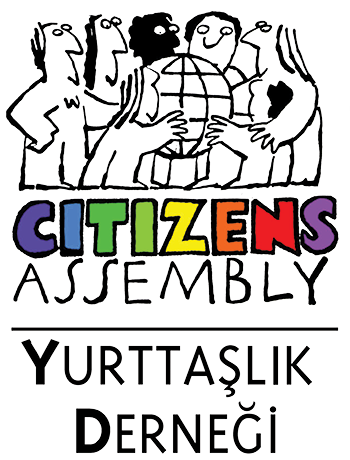Issues to be Put on the Agenda of Public Institutions were Discussed at the 1st Working Meeting with Civil Society Representatives
In the 1st Working Meeting held in Istanbul on 21 June 2019, the issues that occupy citizens and are expected to affect public policies, the need for participation and methods of involvement, the problems regarding access to food and alternative solutions for these problems and the topics that could be brought to the agenda of public institutions were discussed.
Within the scope of our study, the first interviews we conducted with the participants and experts of the civil organizations in four regions showed us a remarkable partnership under the title of access to cheap and healthy food. While consumers are concerned about accessing reliable and healthy food in the market, small-scale production is increasingly distant from being sustainable compared to national and transnational production structures. Access to reliable and inexpensive food in cities is becoming one of the main citizenship issues that are increasingly discussed and tried to be solved with its political, economic and ecological dimensions.
In our first meeting in Istanbul, the aim was to inform the participants about this study, to gather initiatives and formations that could contribute to the study, and thus to create a ground that would allow new partnerships to be established.
In the first session of the meeting attended by civil society representatives, the issues that engage citizens at the local and regional level and are expected to influence public policy were discussed. Prominent issues were the meeting of the producers who produce nontoxic and clean products with the consumers, the destruction of agricultural areas, food prices, the problems in the organization of women's labor and the inadequacy of women's cooperatives, transportation, accessibility and pollution in the cities.
The meeting continued with a discussion of the need for participation and methods of involvement. The debate started on the need to evaluate various participation mechanisms, such as muhtars, neighborhood councils and city councils. The need for the development of self-organizing capacity and that the necessary support should be obtained for disadvantaged groups to participate equally was emphasized. The fact that those who have time to participate constitute a small part of the society was stated as one of the main problems that negatively affect citizen participation.
The meeting continued with the explanations of Zafer Yenal and Umut Kocagöz on the problems of accessing healthy food and alternative solutions produced for this problem.





